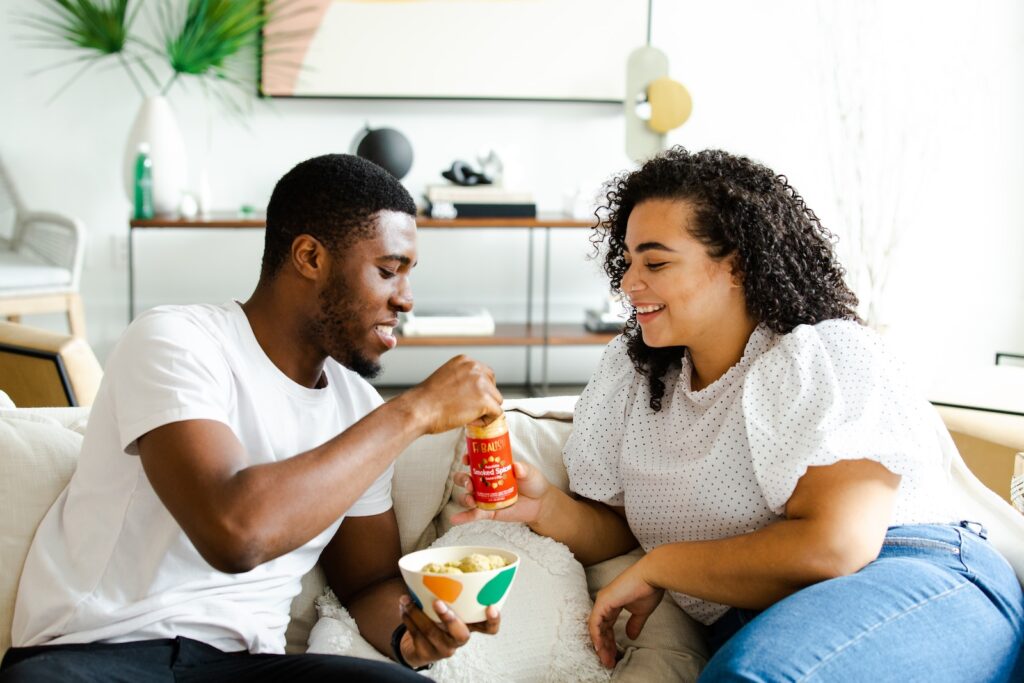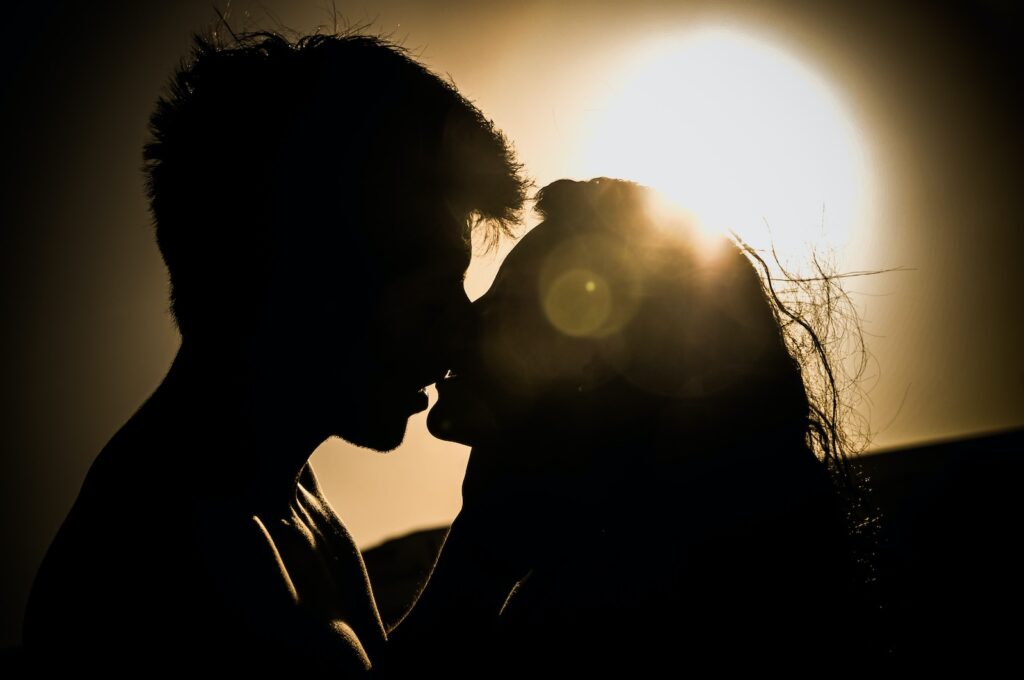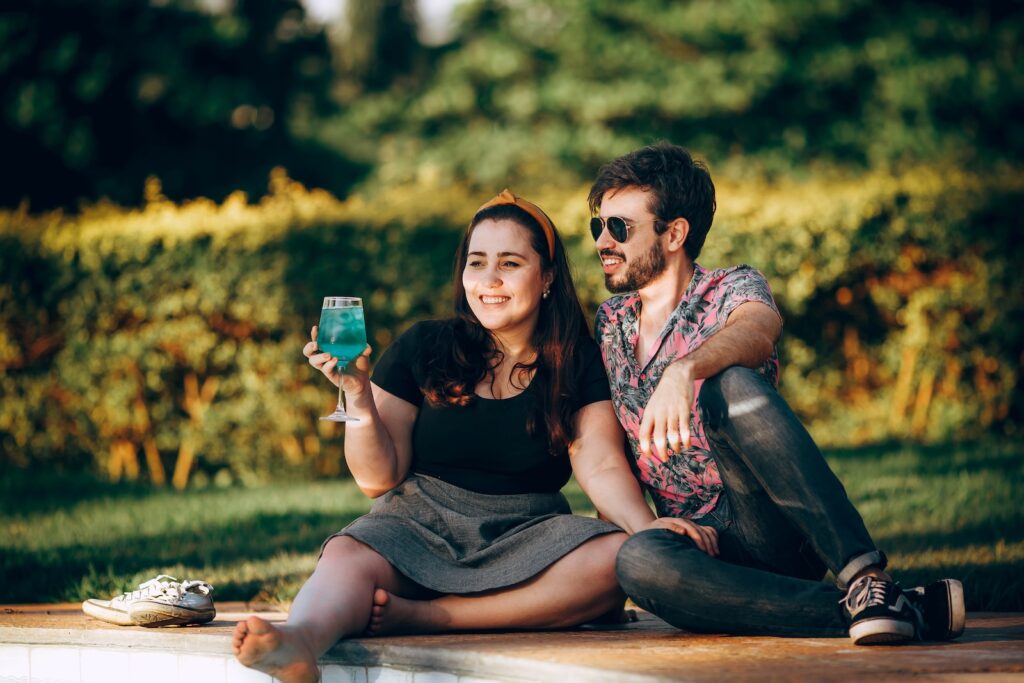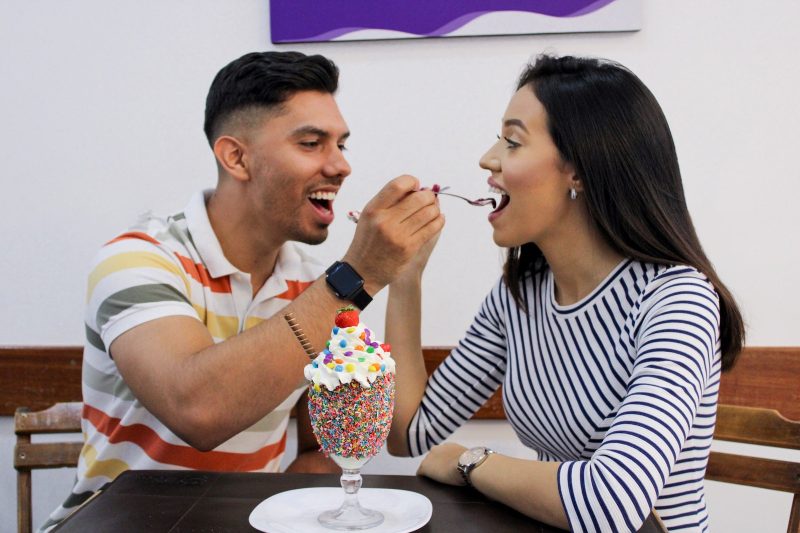To plan a memorable first date, you need to consider a few key factors. With “Factors to consider for a first date” as your guide, you’ll be able to create a great impression. Location, time of day, and type of activity – these three sub-sections will help you brainstorm creative ideas and pinpoint the perfect first date that suits your interests and preferences.
Location
Choosing the Perfect Spot
To have a great first date, picking the right spot is essential. Here are some things to think about:
- Accessibility – Go for somewhere both of you can easily get to, close to public transport or somewhere with parking.
- Ambience – The atmosphere should match your personalities and interests, like a comfy cafe or lively restaurant.
- Noise Level – A quiet place is great for in-depth conversations, but not for lively conversations. Think about what works for you and your date.
- Activities – Have something fun to do, like a museum or a walk in the park.
- Costs – Keep both your budgets in mind when deciding.
Tip: Have a backup plan if the first spot doesn’t work out. Avoid nap time for your date!
Time of day
Arranging a first date is always exciting. But, there are many important things to consider. Timing is a major factor that can make or break a date. It’s best to choose a time that fits both of your schedules, preferences, and convenience. Avoid early dawn or late evenings, as it can give the wrong impression.
For outdoor dates, pick a venue with natural light. Great ideas include the beach, amusement parks, cultural events, and coffee shops. For lunch dates, try a cafe that also serves cakes and pastries.
A popular story tells of a couple who met online. They chose to have their first meeting on Valentine’s Day – but discovered they were not a good fit. They made news when they split peacefully.
When it comes to dates, remember: always let your date win – or fall first!
Type of activity
For the First Date, Consider Activity Type!
Nervous? Excited? Choosing the right activity can make or break the date. Here’s what to consider:
- Location – Proximity, atmosphere, noise level and accessibility.
- Interest – Something you both like or want to try.
- Dress code – Make sure it fits the activity.
- Budget – Pick something that fits the budget.
- Time – Allocate enough time for the activity.
- Compatibility – Choose something that facilitates conversation.
Be aware: avoid movies. Too quiet. Don’t go bungee jumping, either – too intimidating.
Planning is everything. Don’t bore or intimidate your partner; otherwise, it’s a waste.
Did you know? A survey found 48% of people prefer dinner or drinks as a first-date activity. But, watch out: daytime dates may have a higher chance of running into an ex.

Pros and cons of daytime dates
To weigh the advantages and disadvantages of a daytime date, consider the pros and cons of this option when planning your first date. Pros of a daytime date may include practicality and ease, while cons might involve less of a romantic atmosphere. Explore both of these aspects more thoroughly to help determine if a daytime date is the right choice for you.
Pros
Engaging in Daytime Rendezvous: Advantages of Day Dates
Going out during the day has many benefits couples can appreciate. It’s a break from routine and allows them to explore. Plus, days are more peaceful with less noise and crowds, which helps conversations.
Day dates let you appreciate nature and partake in activities like hiking, biking or swimming. This is great for physical and mental health, due to endorphins released during exercise.
Daytime dates are cheaper than evening ones, since events like concerts and dinner reservations are pricey at night. Couples can save money by going for walks in the park or outdoor picnics.
With fewer time restrictions during the day compared to at night, couples can enjoy each other’s company without worrying about time limits. They can try something new or go on longer walks.
Real-Life Testimonies
Many couples have said how fun their daytime rendezvous were. Mary and Peter enjoyed a hike and picnic in an area with beautiful views of nature. It was calming and gave them quality time, strengthening their relationship.
However, when it comes to daytime dates, the sun’s rays can make conversation as dry as you.
Cons
Daytime dates have their perks, but drawbacks too. Work conflicts and fewer night-time activities can be an issue. Plus, the romantic atmosphere of nighttime can’t always be matched.
Those with busy days may struggle to plan or join a daytime date. Plus, the limited time can add pressure.
On the plus side, daytime activities like picnics and outdoor adventures can be unique. But, you should consider everyone’s likes and dislikes when planning.
A True History: Surveyed by Daily Mail, almost half of respondents prefer night-time dates. The darkness of night-time can be a great setting for romance.

Pros and cons of nighttime dates
To weigh the advantages and disadvantages of nighttime dates, this section on “Pros and Cons of Nighttime Dates” with sub-sections “Pros” and “Cons” can be helpful. By highlighting the benefits and drawbacks of dating at night, you can make an informed decision that feels right for you.
Pros
Nighttime dates have their own special charm and importance. Here are some major benefits of a night date:
- 1) Heightens Intimacy
Nighttime allows romantic conversations with a peaceful atmosphere. - 2) Enjoyable Ambiance
As night falls, the environment takes on a calming and lovely vibe. This makes it ideal for dates at restaurants or outdoors. - 3) Better Conversations
Less background noise allows for interesting, relaxed, and natural conversations. - 4) Increased Spontaneity
Spontaneity is vital in relationships. With no prior knowledge of where you may end up, it can be exciting. - 5) A break from routine
Adding excitement to couples’ lives and strengthening their bond by making lovely memories. - 6) Provides privacy
At night, only trustworthy people are out, providing extra security and discretion.
Planning things ahead of time may make these pros even better. Nighttime dates can open up many new possibilities – from adding mystery to creating lasting memories. Just be sure to check your date’s profile picture was taken at night!
Cons
Opposing Views of Meeting Up after the Sun Sets
Things to consider when dating at night:
- Visibility issues. Venues might not be well-lit.
- Noise levels could make it hard to talk.
- Alcohol or medication could be a factor.
- A sense of danger may be present.
Bad weather can also affect the experience.
You don’t want a ruined night, so plan ahead and trust your instincts.
My friend’s first date was at 11 pm. She went despite feeling unsure. After 20 minutes, she made excuses to leave. It’s hard to know how you’ll feel when you get there, but planning ahead and listening to your gut can help make the night go better.
Daytime dates could be safer, but nighttime dates are a good excuse to carry pepper spray.

Factors to consider when choosing between daytime and nighttime dates
To choose between a daytime and nighttime date for better chances of a success, you need to consider your preferences, logistics, and level of comfort. These factors may affect the mood and outcome of your date, so it’s crucial to think ahead. In the following discussion, we will briefly introduce the sub-sections of preferences, logistics, and level of comfort.
Preferences
Choosing between day and night dates can be based on individual preferences. Things like traits, schedules, activities and location are all important. Daytime dates suit those who like outdoor activities, being in public and not staying out late. On the other hand, evening dates are good for those who enjoy partying, clubs and city lights.
It’s also dependent on both partners’ schedule and preference. If they’re free during the day or love the outdoors, daytime dates work well. But, if they’re better in the evenings, dinner or art galleries could be an idea.
Safety is key when it comes to day or night dates. Get familiar with the safety rating of the location before you go. This will make it more comfortable when taking someone new out.
According to a 2019 survey by Firstdate.com, most Europeans preferred dinner and drinks while Canadians liked going for walks. Planning ahead is important – think parking options and transit schedules.
Logistics
Organizing the time for dates is crucial. Think about transport, parking spots, and restaurant reservations when deciding between day and night. Public transport usually works better during the day. Parking can be tricky at night – so a plan for transportation is a must. Consider safety measures and book ahead if you want to eat out.
Daytime dates are great for outdoor activities and games – while night-time dates are perfect for parties or movie nights. Consider your partner’s preferences before you choose.
Organizing dates properly is key. Factors like ease of transport, availability of reservations, and parking can help make sure your date is a success. So if you prefer a romantic dinner in the evening, go for it!
Level of comfort
When selecting between a daytime or nighttime date, emotional comfort must be taken into account. Factors like personal temperament, comfort in certain settings, and perception of day versus night should be considered.
Daytime dates provide the chance to be outdoors and enjoy nature, while nighttime dates offer a chance to experience the city’s nightlife or romantic dinner settings. Both can offer varying levels of emotional comfort.
John’s story is a reminder; he went on a daytime date at a local park, but due to his social anxiety, he felt uncomfortable. It’s important to pick an appropriate time and place based on one’s comfort level.
Remember: it’s still a date – no matter the time, don’t end up sleeping alone!
Finding the right time for your first date
Planning your first date? Think about the best time for both of you. It can set the mood for the evening and shape the relationship. Balance convenience and making a great impression. Morning coffee or evening drinks – whatever fits your schedules.
Key factors: Convenient place, activities that match each other’s tastes, and arrive early/on time.
One couple had a great date at an art museum on a summer afternoon. They strolled through the galleries, then had ice cream from a street vendor. This relaxed, interesting date created fond memories that lasted beyond their first meeting.

Frequently Asked Questions
1) What is the best time of day for a first date?
It really depends on your schedule and preferences. Some people prefer evening dates, while others prefer afternoon or even morning dates. It’s important to choose a time that works for both you and your potential date.
2) Is it better to have a weekday or weekend first date?
This also depends on your schedule and preferences, but many people find weekday dates to be more casual and less pressure-filled. Weekends can be busier and more expensive, but they also give you more time to relax and get to know your date.
3) How long should a first date last?
A typical first date usually lasts around 1-2 hours, but there’s no set time limit. It’s important to end the date when both you and your date are still having a good time and conversation is still flowing naturally.
4) Should I plan an activity or just go for drinks/dinner?
Again, this depends on your preferences and what you think your date would enjoy. An activity like mini golf or a bike ride can be a fun way to break the ice and get to know each other, while drinks or dinner can be a more formal and classic option.
5) What if I’m nervous about the first date and don’t know what to do?
It’s completely normal to feel nervous before a first date. But try to remember that your date is probably just as nervous as you are. Plan ahead and have some conversation topics in mind. And most importantly, just be yourself!
6) Should I kiss on the first date?
This is a personal decision and there’s no right or wrong answer. It’s important to respect your own boundaries and your date’s boundaries. If you do feel like kissing, make sure to ask for permission first and don’t pressure your date into anything.









